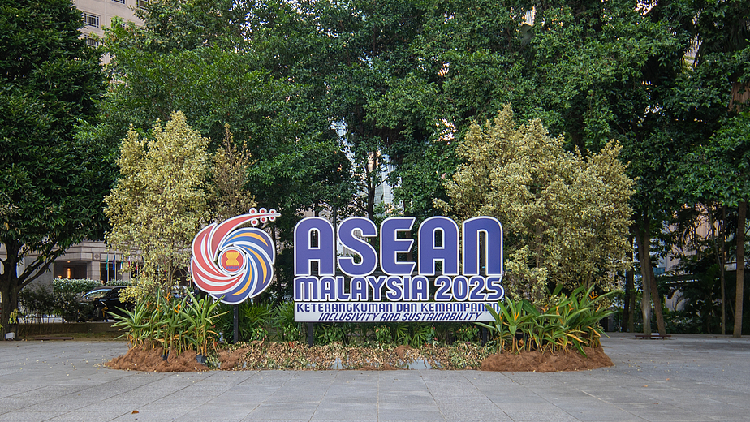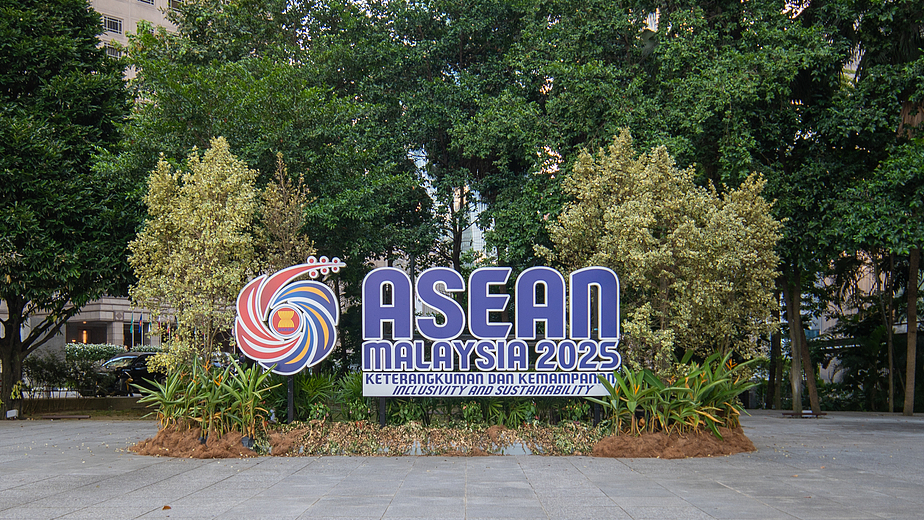ASEAN, China, and GCC Leaders Hold Summit to Strengthen Regional Cooperation and Economic Partnership
Leaders from ASEAN, China, and the GCC convene to strengthen regional cooperation in landmark summit.


In a landmark gathering held in Kuala Lumpur on May 27, 2025, leaders from the Association of Southeast Asian Nations (ASEAN), the Cooperation Council for the Arab States of the Gulf (GCC), and the People's Republic of China convened to ramp up cooperation in a rapidly changing global landscape. The summit produced a joint statement that not only reaffirmed historical ties but also established a robust framework for addressing contemporary challenges related to peace, security, development, and regional integration.
Emphasizing the deep-rooted economic and civilizational bonds across their regions, the statement highlighted a commitment to mutual respect, adherence to international law—including the United Nations Charter—and non-interference in domestic affairs. The document placed ASEAN centrality at the heart of evolving regional architecture and recognized the pivotal roles played by both the GCC and China in fostering stability and sustainable development across Asia, the Middle East, and beyond.
With global crises high on the agenda, the summit expressed grave concern over developments in the Middle East, particularly in Gaza. The leaders collectively condemned attacks on civilians and urgently called for a “durable ceasefire,” emphasizing the need for unrestricted humanitarian access, restoration of critical services, and compliance with international humanitarian law. They acknowledged key international efforts, including Qatar's mediation and China’s role in facilitating Palestinian reconciliation, while voicing support for a two-state solution based on pre-1967 borders, in line with recent UN General Assembly resolutions. The statement also recognized ongoing initiatives by Saudi Arabia, Norway, and the EU towards achieving Palestinian statehood.
Economic integration features prominently in the summit’s outcomes, with the leaders deciding to bolster collaboration that advances prosperity, resilience, and sustainability. They vowed to enhance cooperation through leveraging regional complementarities, fast-tracking the China-ASEAN Free Trade Area 3.0 negotiations, and moving towards a China-GCC Free Trade Agreement. The statement prioritized upgrading supply chain resilience, digital and green economy sectors, and creating a regional business council to facilitate increased trade and investment flows. Efforts to fight corruption, develop regional financial cooperation, and explore local currency and cross-border payments were also underlined.
Connectivity remains a core pillar, with all parties agreeing to boost infrastructure collaboration—especially high-quality projects under the Belt and Road Initiative—and promote seamless economic diversification. Maritime safety and the development of digital platforms are recognized as fundamental to driving growth across the participating regions.
The joint statement underscored the global imperative for sustainable energy transition. Leaders pledged to cooperate on a just and orderly shift toward renewables, share technologies and best practices, and invest in projects ranging from hydrogen and ammonia developments to advanced solar, wind, and nuclear energy solutions. Acknowledging climate challenges, they also committed to enhancing disaster management, biodiversity conservation, and pollution control through scientific exchange and innovation.
Digital transformation and innovation emerged as another key focus area, with commitments to create cross-regional frameworks supporting digital trade, artificial intelligence, fintech, and smart cities. The summit emphasized the importance of digital literacy and inclusive participation, particularly among youth and vulnerable groups.
Food security and sustainable agriculture also received significant attention. Delegates agreed to promote sustainable practices, enhance food distribution networks, and support public-private partnerships in agriculture. There was a strong push to bolster halal food cooperation and technological exchanges, improving both productivity and sustainability.
On the people-to-people front, the statement outlined plans to deepen cultural, educational, and tourism exchanges. The leaders agreed to advance mutual understanding through student scholarships, joint research, and programs celebrating shared heritage and diversity, while supporting the UN International Day for Dialogue among Civilizations.
The summit concluded with a commitment to implement these goals via existing mechanisms and mutually agreed activities, aiming to deliver tangible benefits to communities across ASEAN, China, and the GCC. There was widespread support for upcoming multilateral events, such as the third Asia Cooperation Dialogue Summit in Doha, and recognition of signature initiatives from ASEAN and GCC member states, including ASEAN 2045: Our Shared Future, the Saudi Arabia’s Middle East Green Initiative, and conferences focusing on food and water security.
With these comprehensive commitments, the ASEAN-China-GCC partnership reaffirms its resolve to foster inclusivity, resilience, and equal partnership, charting a collective course toward a more peaceful, prosperous, and sustainable future for their peoples and the wider world.




